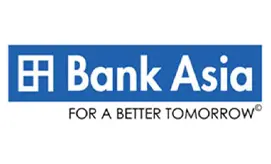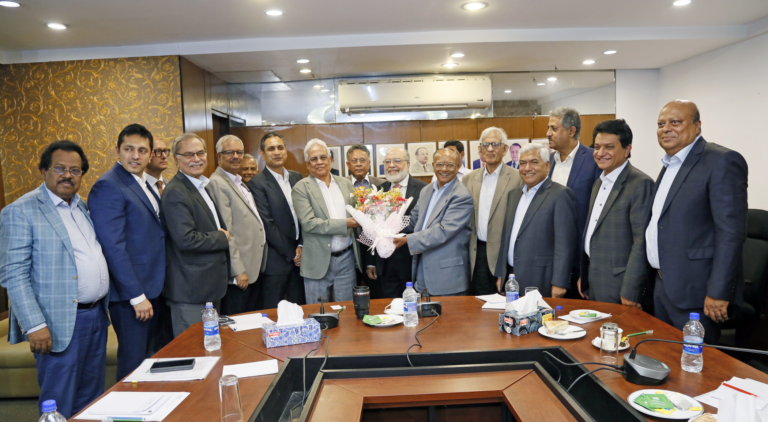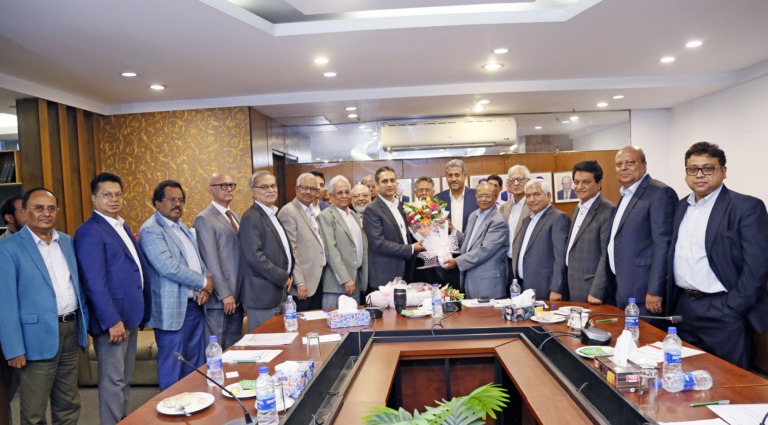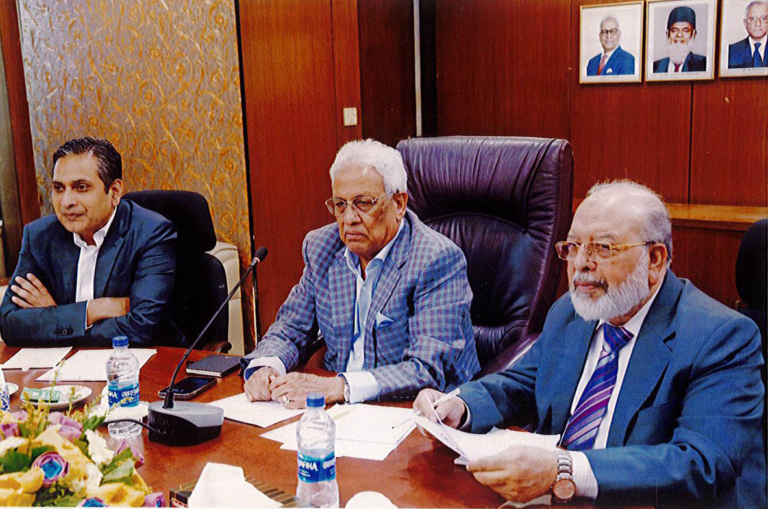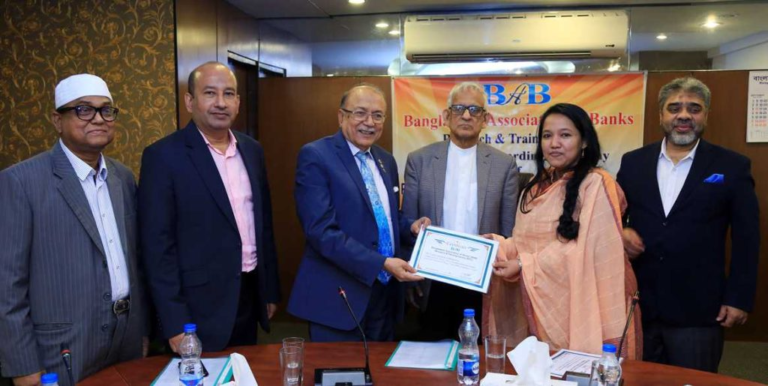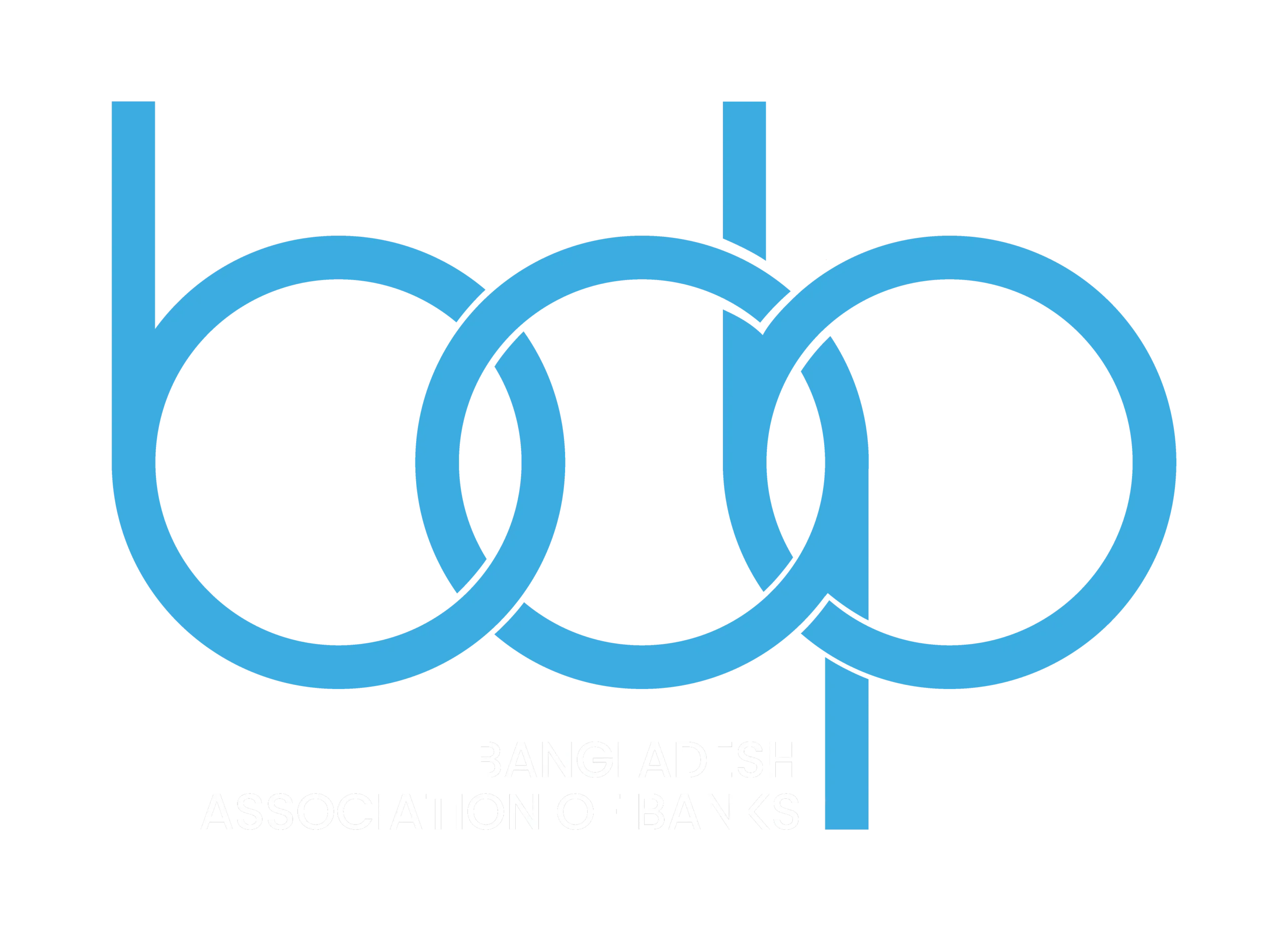

(BAB)
Abdul Hai Sarker
Chairman, BAB

Our Mission
Bangladesh Association of Banks (BAB) is an advisory service organisation for the private commercial banks. It has now emerged as an effective forum for exchanging views on problems being faced by the banking sector of Bangladesh and for formulating common policy guidelines in addressing such problems...
Our Vision
Bangladesh Association of Banks’ vision is to guide its member banks to inject dynamism and innovative banking practices in Bangladesh, ensuring competitiveness that is at par with global practices. Our challenge for this millennium is to bring forth new ideas in banking, create new strategies for...
Executive Committee

Mr. Abdul Hai Sarker
Hon’ble Chairman, BAB
Hon’ble Chairman, Dhaka Bank PLC

Mr. Mohammad Abdul Mannan
Hon’ble Vice Chairman, BAB
Hon’ble Chairman, First Security Islami Bank PLC

Mr. Romo Rouf Chowdhury
Hon´ble Vice Chairman, BAB
Hon’ble Chairman, Bank Asia PLC

Mr. Abdul Hai Sarker
Hon’ble Chairman, BAB
Hon’ble Chairman, Dhaka Bank PLC

Mr. Romo Rouf Chowdhury
Hon´ble Vice Chairman, BAB
Hon’ble Chairman, Bank Asia PLC

Our Events & Photo Gallery




